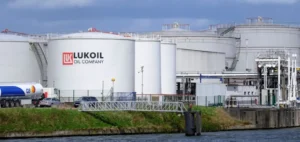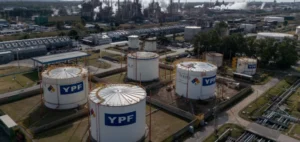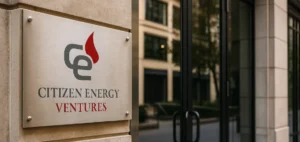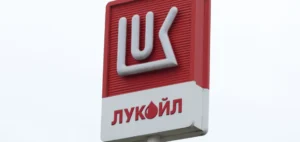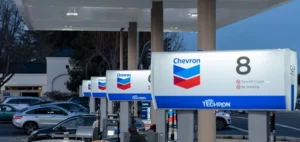Since the fall of Muammar Gaddafi in 2011, oil-rich Libya has faced unprecedented challenges in its vital energy sector. Libya’s Minister of Oil and Gas, Mohamed Oun, in an interview with S&P Global Commodity Insights, accused some international oil companies (IOCs) of exploiting the precarious security situation and neglecting their development plans.
Accusations against International Oil Companies
These IOCs, having promised to undertake specific projects, have been lax in fulfilling their commitments, particularly with regard to exploration and seismic surveys. This situation has exacerbated the difficulties of the Libyan oil sector, which is struggling to regain its production capacity of 1.6 million barrels per day (b/d), a level it has not reached since 2011.
The summer of 2022 saw oil production fall to a two-year low of 650,000 b/d, although it has since recovered slightly. Libya, which is exempt from OPEC+ quotas, is striving to maintain production at around 1.2 million b/d. Oun stresses that IOCs who fail to meet their commitments should relinquish their concessions and hand them over to other companies.
Renegotiation of Contract Terms by TotalEnergies and ConocoPhillips
At the same time, it criticizes attempts by the ICCs, notably TotalEnergies and ConocoPhillips, to renegotiate contractual terms to increase their share of costs paid to Libya’s National Oil Corporation (NOC). This move, according to Oun, is all the more surprising given that these companies have the capacity to significantly increase their production.
The Impact of the Eni-NOC Agreement on Contractual Dynamics
The situation is further complicated by the agreement signed between Eni and the NOC to develop the A&E Offshore Structures, which, according to Oun, breaches several laws by increasing the share paid by Eni. This negotiation paved the way for other ICCs to request similar contractual modifications.
Despite these tensions, Libya plans to launch a new licensing round in 2024 to stimulate oil and gas exploration. The country, sitting on Africa’s largest oil reserves, aims to increase its oil production to 2 million b/d over the next three to five years. At the same time, gas production, currently at around 2.6 billion cubic feet per day, could be increased by tapping additional reserves.
The oil situation in Libya is marked by contractual and security challenges. Despite this, the country aspires to revitalize its oil and gas industry, by strengthening existing partnerships and attracting new investment.



